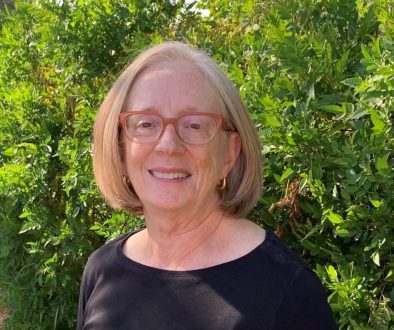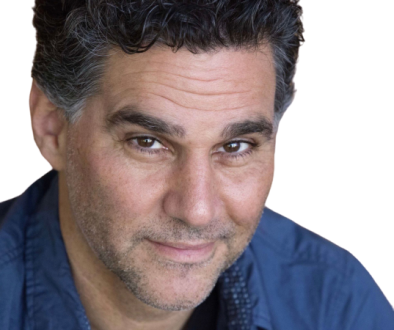Antisemitism Today
This month our thoughts turn to the Holocaust as the Jewish community commemorates it on Yom HaShoah (April 8). As we remember the horrors that antisemitism can create, we should ask ourselves, ‘what is the state of antisemitism in the United States today and how should we respond?’
First, it is helpful to ask—how do we define antisemitism? Dr. Deborah Lipstadt, a leading authority on this topic, mentions these characteristics: first, it is an irrational prejudice against all Jews. The template for antisemitism, she says, often includes these elements
A) something about Jews and money (viewing Jews as wealthy, overly interested in it, etc.)
B) Jews as smart and conniving, and
C) Jews having the ability to do harm without being detected.
The Jew, according to the anti-Semite, is to be feared, distrusted, and eradicated.
The American Jewish Committee’s (AJC) first-ever State of Antisemitism in America report, released on October 26, 2020, shows deep anxiety among American Jews and a disturbing lack of awareness among the general public about the severity of antisemitism in the United States.
The Anti-Defamation League (ADL) keeps track of anti-Semitic incidents. The last year that they have complete data on is 2019. For that year they say, “the American Jewish community experienced the highest level of anti-Semitic incidents since tracking began in 1979, with more than 2,100 acts of assault, vandalism and harassment reported across the United States… The record number of incidents came as the Jewish community grappled with vicious and lethal anti-Semitic attacks against communities in Poway, Jersey City and Monsey, and a spree of violent assaults in Brooklyn.”
The report found that “the total number of anti-Semitic incidents in 2019 increased 12 percent over the previous
year, with a disturbing 56 percent increase in assaults. The audit found there were, on average, as many as six anti-Semitic incidents in the U.S. for each day in the calendar year—the highest level of anti-Semitic activity ever recorded by ADL.”
We know that white supremacists and specifically anti-Semites were involved in the breach on the U.S. Capitol on January 6. These groups have felt emboldened in recent years.
What can we do about antisemitism today? Here are several suggestions:
Encourage our state legislators to pass the state bill which is currently being considered which would make Holocaust education a required part of Arizona schooling.
Report any anti-Semitic incidents to the ADL so that they can keep track and to find out any suggested response they have for the incident.
Should someone you know make an anti-Semitic remark, ask for more information on why they have that perception. Try to calmly get the offender to see the problem with grouping all Jews together and making prejudicial statements.
We need to remain vigilantly aware of and responsive to antisemitism. We need to do this for self-preservation, but I also believe that this is one way we honor the memories of those who died in the Holocaust. We hear the call—“never again will we let this happen.”
At the same time, I greatly appreciate Dr. Deborah Lipstadt’s view that we should be Jews in spite of, and not because of, antisemitism. Judaism has so much to offer us and the world. Let us not allow the anti-Semite to scare us away from being proud, practicing Jews. We know we have a beautiful and meaningful religion. Am Yisrael Chai—May we remain strong in our faith despite the needs of some people to find a scapegoat.
Rabbi Debbie S. Stiel




